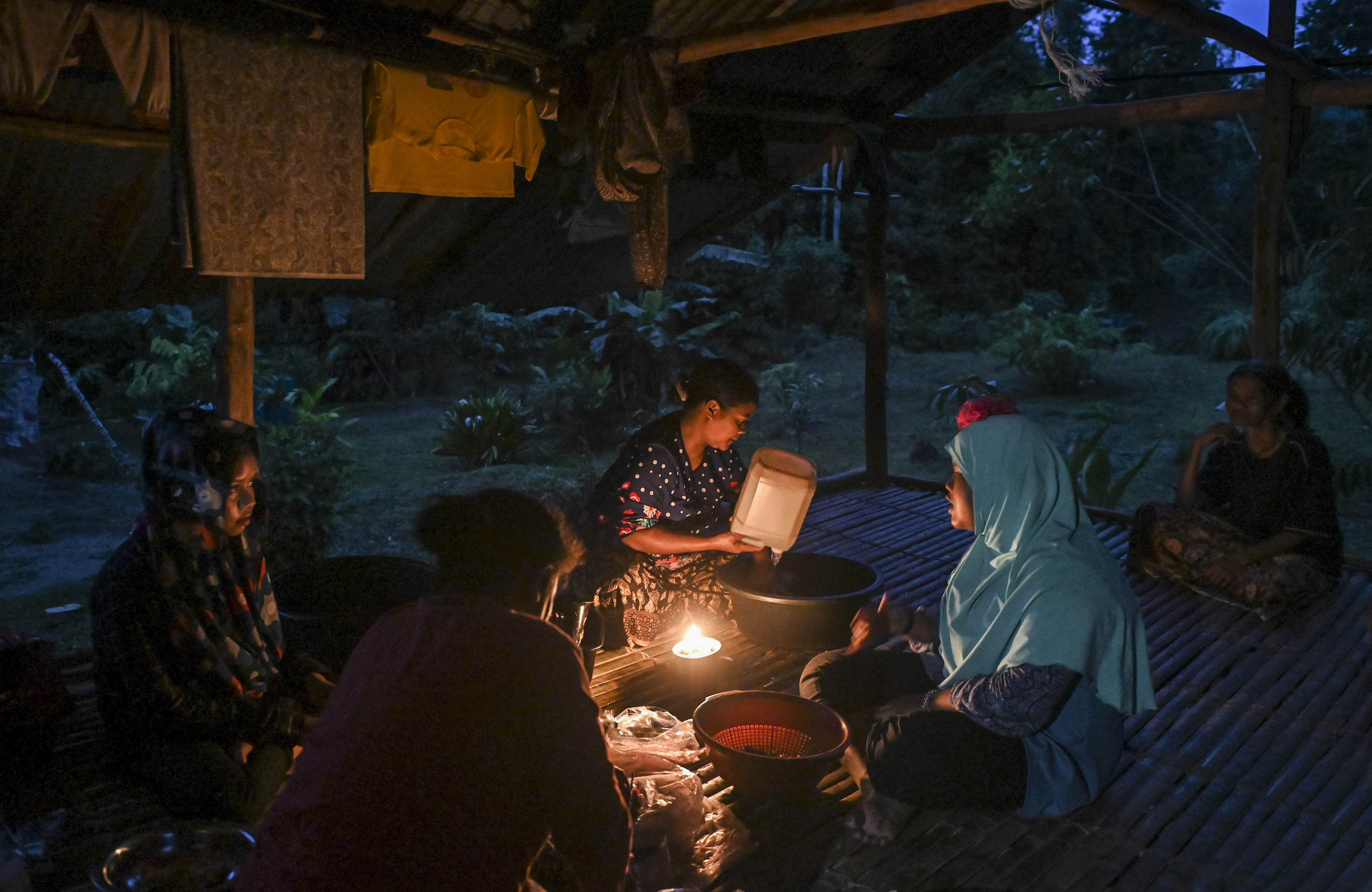Orang Asli activists have claimed that the Aboriginal People's Act 1954 (Act 134) is the stumbling block leading to policies that are hindering efforts to provide electricity to remote villages.
In calling for reforms to the Act, Negeri Sembilan Orang Asli villages network deputy chairperson Zurdi Baharu said there will be no end to the issue if this is not done.
“(This is) because the Orang Asli are still under the authority of the Orang Asli Development Department (Jakoa) director-general and the (rural and regional development) minister, and are unable to act independently on key issues, even if it is to their benefit," he told Malaysiakini.
He was responding to Tonibung founder Adrian Lasimbang's claim yesterday that his NGO was unable to implement electrification projects in rural Orang Asli villages of West Malaysia as Jakoa said only Tenaga Nasional Bhd (TNB) can do so.
Tonibung has managed to electrify even the most remote communities in Sabah and Sarawak through off-grid methods and has tried several times to provide the same technologies to Orang Asli communities in the peninsula.
An estimated 17 percent - or 142 Orang Asli villages - remain unelectrified, according to official data.
Zurdi said the number is much higher because not all villages are officially recognised, citing as examples his area in Negeri Sembilan where there were two Orang Asli villages - Kampung Bukit Gala and Kampung Asah Batak Jelebu - which have few facilities due to bureaucratic obstacles.
"These two villages are not recognised as villages by Jakoa and because of that, there is no facility as TNB liaises with Jakoa.
“Kampung Asah Batak has to rely on an NGO for solar energy assistance while Kampung Bukit Gala uses self-purchased solar energy.
"Throughout Peninsular Malaysia, I believe there are still many Orang Asli villages that Jakoa has not recognised, with Gerik, Perak being high in number,” he added.
Zurdi said an Orang Asli activist from Kelantan had informed him today that there were many areas without electricity in that state too.
"This is especially in the interior of Gua Musang, areas such as Pos Hau, Pos Gob, Pos Balar and Pos Belatim which have an estimated population of around 3,000 villagers. If Jakoa and TNB want exact details we can give them the numbers and locations.
"As long as everything goes through Jakoa, which will forcefully enforce Act 134 in which outside parties must report and obtain a permit to enter such villages, I don't see this changing," he added.
Decades in the dark
Jaringan Kampung Orang Asli Semenanjung Malaysia chairperson Tijah Yok Chopil shared a video in which a Semai family from Kampung Lenjan, in Lipis, Pahang were conversing in the dark.
"I just found out information from a local activist who said that the most underdeveloped villages in the Lipis area are Pos Lenjan and Pos Titom.
"Only those who can afford to use a generator are lit up while those who can't afford it are always in the dark. They cook and eat in the dark and depending on a flashlight only.
"Meanwhile the hydro project is now being managed by the TNB contractor but supplies have been piled up in the middle of the road for a long time because the bridge to cross Jelai has been washed away by the river," she said.
Tijah added that Act 134 is a rule that is not fully humane or respectful of the Orang Asli.
"This is because by restricting who can enter the villages, the Orang Asli themselves cannot decide who he/she can/cannot be friends with.
"Furthermore, they cannot receive help from any other party other than the party agreed to by Jakoa," she said.

In September, Deputy Prime Minister Ahmad Zahid Hamidi said the government was conducting a review of Act 134 which among others involved registering marriage and land ownership of the Orang Asli community.
“The issue of Orang Asli land which will also be considered in the review of Act 134, and needs to be studied comprehensively as it involves differences as well as overlapping authorities in the federal and state governments,” said Zahid, who is also the rural and regional development minister.
Centre for Orang Asli Concerns founder Colin Nicholas said it has long been a problem to make electricity for Orang Asli villagers a priority.
"For sure several Orang Asli communities have solar electricity provided by NGOs and others. But this is really not the same as having 24-hour access to 240v electricity.
"Big and small hydro-power stations have been built in Orang Asli lands, but the electricity somehow seems to always bypass them as the project was meant to electrify other communities and needs," he added.
Three years ago Malaysiakini highlighted the Orang Asli village of Kampung Sungai Teras near Slim River, Perak. The village housing about 226 people has been without electricity since the early 1960s but the situation was resolved within a few days when it came to light during the Slim by-election.
Zurdi called for the government to immediately implement Suhakam's 18 recommendations regarding Orang Asli customary land rights.
"The 14th recommendation is to reform Jakoa. As long as the Jakoa policy is still the same, as long as the administrative veil regarding the Orang Asli is legally there, things may not improve, he said. - Mkini




No comments:
Post a Comment
Note: Only a member of this blog may post a comment.